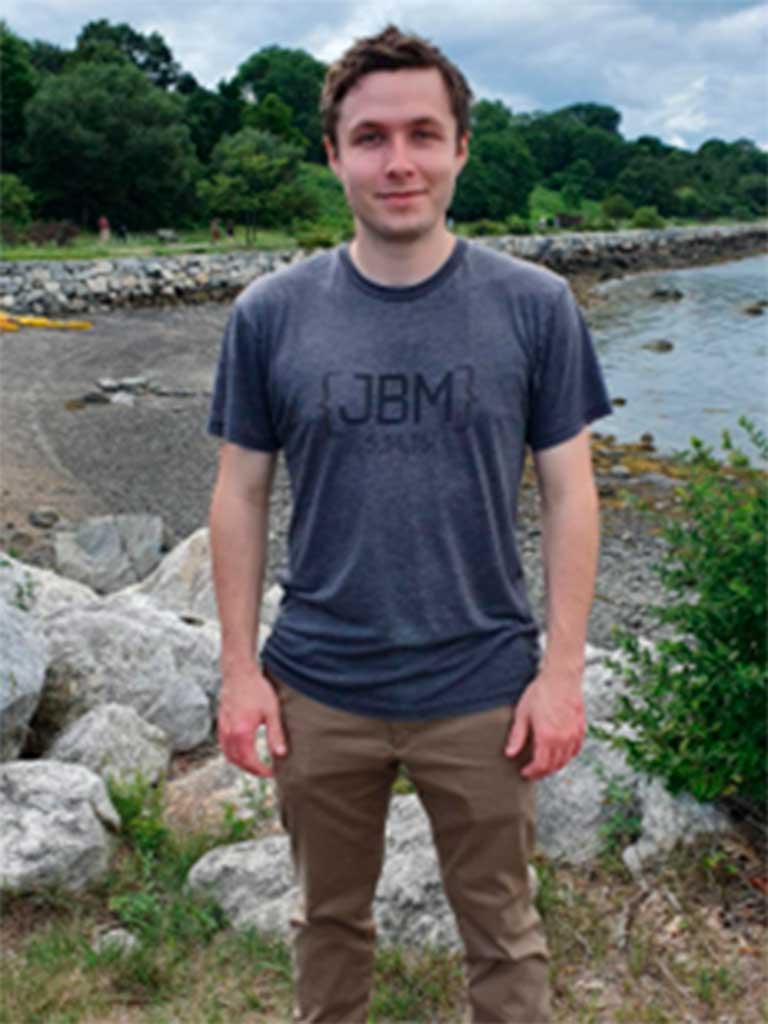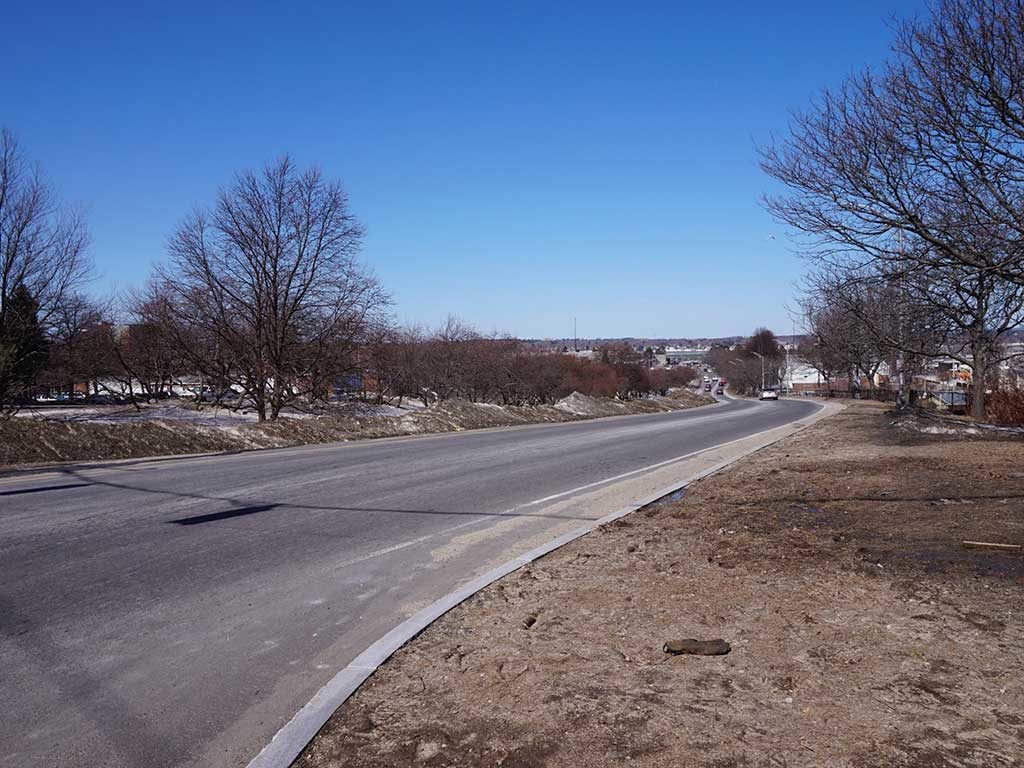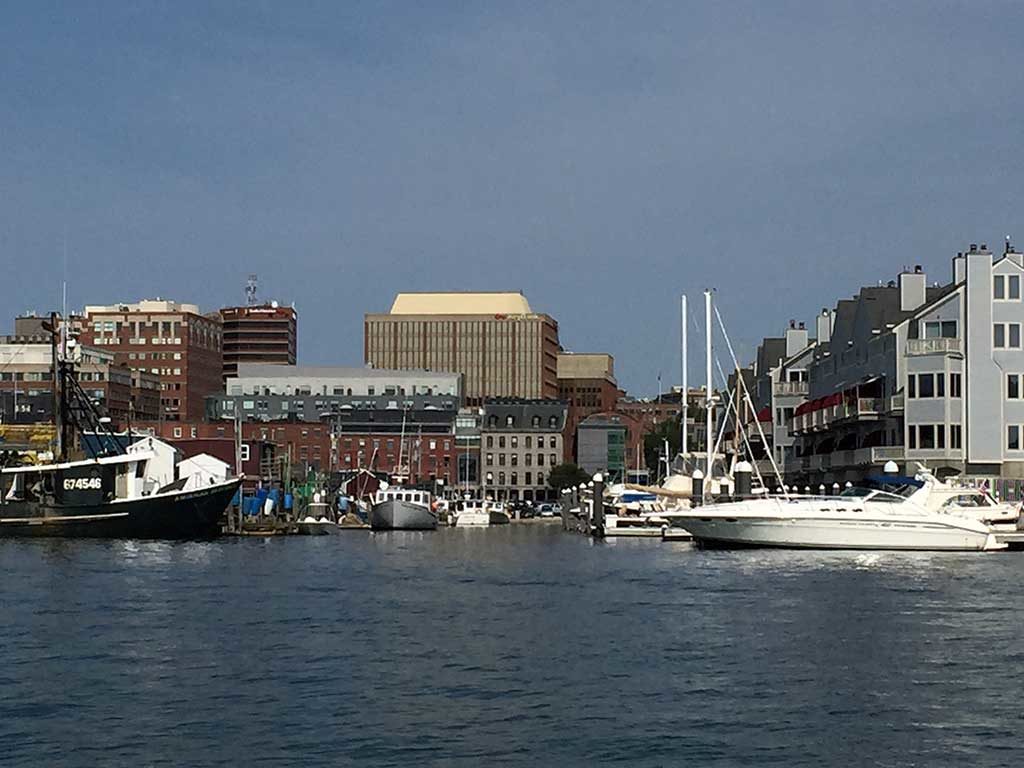
Todd Morse: Making Portland Livable
Every month PelotonLabs co-founder Liz Trice interviews a local Peloton or community member. This month, Liz caught up with Todd Morse, the founder of Livable Portland, which is an online forum for people to share information and ideas about how to build spaces that are more walkable and enjoyable to live in.

What is Livable Portland?
Livable Portland is a space for people interested in urbanism to come together to chat. We are not affiliated with the political campaign of the same name – that was just a naming coincidence.
What is urbanism?
People have different definitions, and strong opinions, but it includes thinking about city planning, land use, transportation, and how to make nice places to live. I would like to build spaces that are walkable, where there are a lot of small amenities in neighborhoods, and a lot of different types of housing working together. We use an online platform called Discord where you have different channels for text chats among groups of people interested in the same thing to share their perspectives. People share thoughts and promote projects we’re working on. We have some bike ped people promoting their events, we discuss issues, news articles, and comment on public meetings.
We have about thirty people in our Discord currently, including people who are just enthusiasts, and others with expertise in transit, planning, development, land use… It’s exciting to hear from actual experts with experience on the ground. That’s been the most valuable experience for me.
We tend to agree on the larger vision and disagree about technicalities. We all want to see more middle density housing. Some people feel we should go further and have very dense housing. The top ideas are opening up more land for middle density housing, especially along transit corridors. We’re supportive of ADUs [accessory dwelling units], streamlining the zoning process, increasing transit, and de-emphasizing arterial roads through the city.
With the Franklin plan possible to implement in the mid-term, all of us agree that it should be narrower. A bunch of us went on one of the walking tours of Franklin Street a few weeks ago to envision how it could be different.

We do some very light activism, just going to city meetings and commenting on topics, but nothing more organized at this point. We have encouraged people to go to city meetings, and we maintain a central calendar of events. We’d like to have more meetups and events going forward.
How did you get here?
I’ve been in Portland for just over a year, but always wanted to live here. I grew up in a suburban environment in Westchester, New York. As a kid, I couldn’t drive, and when I visited Portland, I was so happy, and I asked myself, “What makes this place so great?” and I came to realize it was because I could walk places.
I lived in California for two years recently for work, and I saw the massive problems that came about there. I was living in an apartment building, surrounded by oceans of single-family homes, and there were whole families living in RVs in the neighborhood near my building. And then one day the police cleared out all the families and RVs. My emotional reaction was, “Why don’t we just build more housing?” That was my inspiration, and the more I looked into it, and studied the issues, it confirmed that constructing more housing was the answer to so many problems.
I think a lot of places have similar problems that they feel are unique. Portland is actually in a uniquely good position to solve problems, and that gives me hope. We have an excellent urban fabric to build off of and the energy to make change. The town I lived in in California has a median income of three times that of Portland, and a larger population, but has built one-third of the public housing. I appreciate the strong energy to accomplish things here, and I think we can do more with less.
Right now, my day job is as a software developer for an infectious disease research non-profit. We build a free tool that helps public health departments track the progress of outbreaks and identify potential new threats.
What are the big debates in Portland, and what do you think are the solutions?

We don’t want to wade too much into divisive issues. Most people can agree on the nuts and bolts of building a livable city. With housing, we talk about issues around the edges, but how can we really remove barriers to making more? Also, we have to talk more about moving away from dependence on cars. We’ve seen progress with bike share but can go further.
With housing, there’s a lot of talk in the city about Short Term Rentals, but I would love to also get that kind of energy for discussing what we can do with the Recode to allow for construction of more housing. That’s so much more important. We could expand the capacity of the Portland Housing Authority to build more types of housing, tweak policies to encourage development, improve and expand TIF [Tax Increment Financing]…
How can we make sure we can grow more in the future?
The most obvious next steps are allowing slightly denser housing types, like two to four units and rowhomes, in areas that are currently single family. Even though parking requirements along transit routes are gone, people still want to build parking. Transit doesn’t feel like a viable option for most people. It’s probably going to take money to increase frequency. I worked on a proposal to create a fee for parking lots to fund transit.
Why should we break our dependency on cars?
I don’t want to take people’s cars away. I want to allow people to not need a car. We live in a society that supports driving in all sorts of ways. Cars cause wear and tax on roads, but the gas tax doesn’t come close to covering the cost of the roads. Roads cost the City something like ten times what we spend on public transit. Designing roads so people feel safe walking and biking and even a small amount of transit funding could pay big dividends… for drivers, pedestrians, clearer air.
What’s something you wish everyone understood about making livable cities?
There’s a video that’s called, “Does Induced Demand Apply to Housing?” The gist is there’s no evidence that constructing more housing is bad in terms of affordability. I see people who think constructing housing is the cause of gentrification, but I believe it’s a symptom. Any new construction relieves some of the pressure, but we need to do more. And our development pattern is not sustainable. Paving the roads and getting utilities to sprawled areas costs more than property taxes will ever pay, and towns end up in debt forever to maintain that amount of infrastructure per home or business. StrongTowns is really inspiring in that area.
More Information:
The Livable Portland website (https://LivablePortland.me) has the link to Discord, a Google Calendar of public events, and an interest form.
Read the article: Does Induced Demand Apply to Housing?
Here is more information on Strong Towns: https://www.strongtowns.org/about.
PelotonLabs is a coworking space in the West End of Portland, Maine. Their mission is to connect and encourage people working on their own to manifest their visions without fear.
PelotonPosts is created by PelotonLabs. WEN provides column space without charge. PelotonLabs has been a paid advertiser. WEN publisher and editor Tony Zeli is a coworking member at PelotonLabs.





